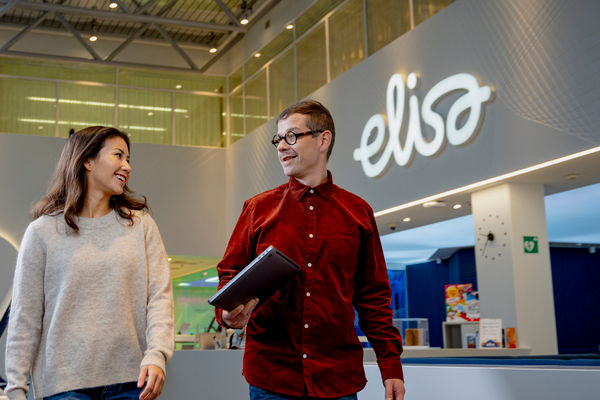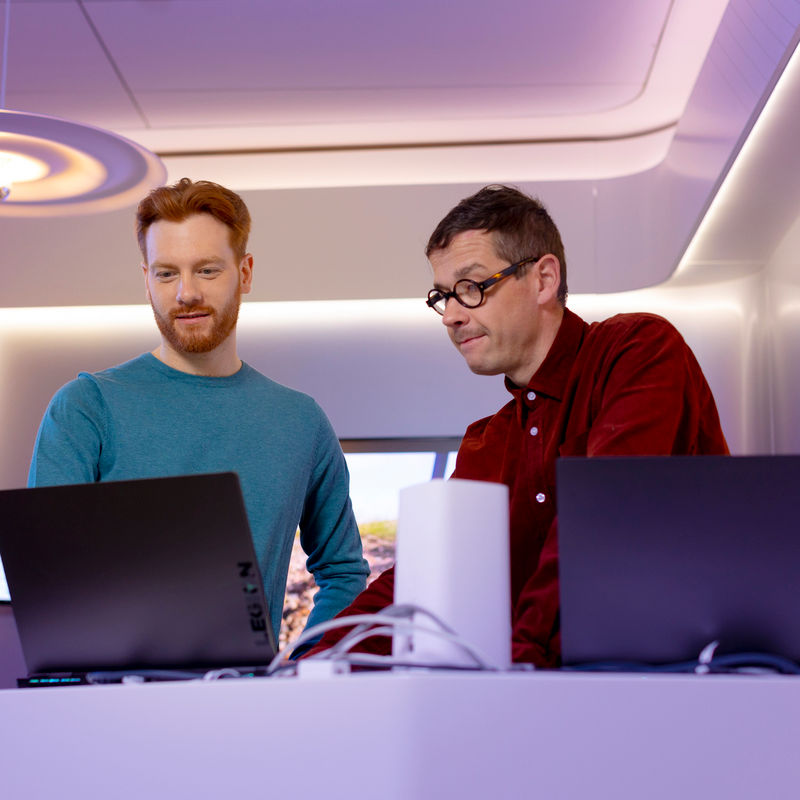We work every day to build a secure digital environment, so that everyone's equal rights are realised.
Respecting human rights and our principles of doing right in our own operations and within our supply chain, we can work together to create a sustainable future.
Non-discrimination, equality, good leadership, as well as occupational wellbeing and safety are important in our operations.



